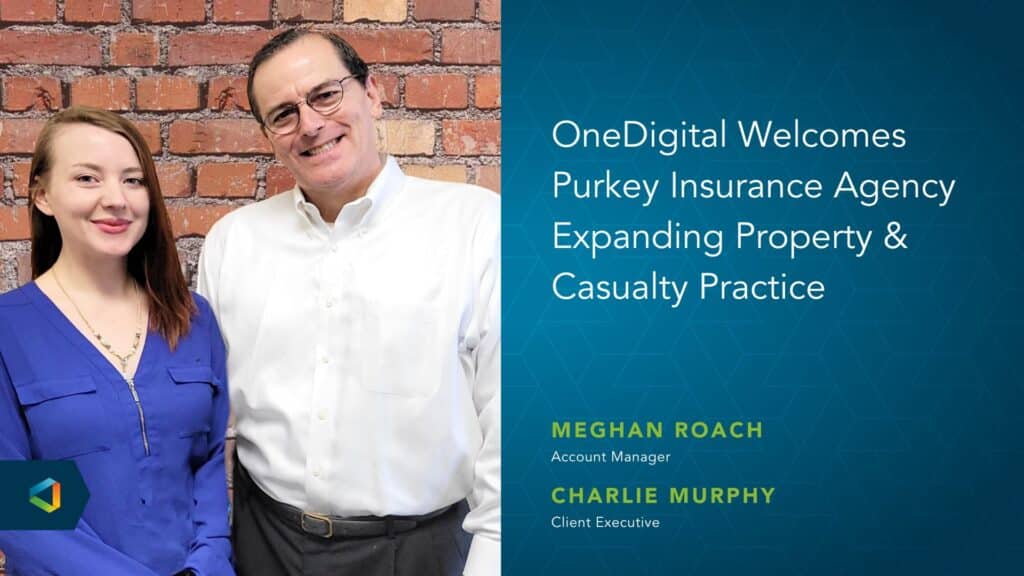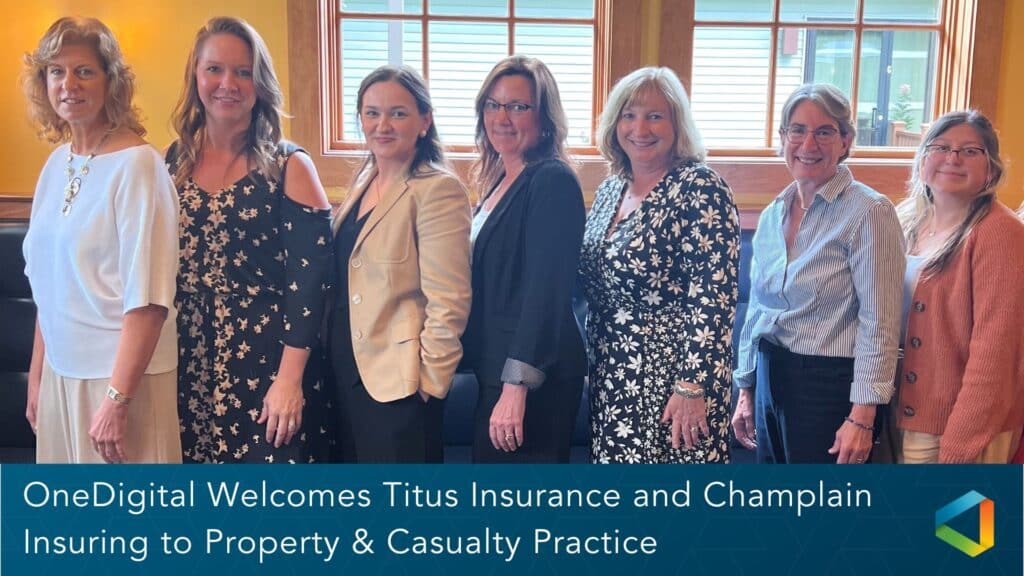No Headaches, Lower Costs
A Comprehensive Overview to Your Personal and Life Insurance Policies
A Comprehensive Overview to Your Personal and Life Insurance Policies
It can feel daunting when thinking about how to protect ourselves and our families from the unknown. But the word insurance doesn't have to feel so overwhelming. Insurance is a financial tool that provides a safety net for individuals and families.
Among the various types of insurance, two of the most crucial are property and casualty (P&C) insurance and life insurance. Each serves a specific purpose and is vital in securing our financial future against unforeseen events.
What are Property & Casualty Insurance Policies?
Property and casualty (P&C) insurance is a broad category of coverage that protects against damage to your property and liability for injuries to others or damage to their property. It encompasses various policies, including:
- Auto insurance
- Homeowners' insurance
- Renters' insurance
- Umbrella insurance
- Personal property insurance
P&C insurance safeguards your financial interests by covering the costs associated with property damage or injuries. For example, if your home sustains damages in a fire or your car is involved in an accident, your P&C insurance will help cover the repair or replacement costs.
Liability Coverage
Liability coverage is essential because it shields you from legal and financial consequences if you're found responsible for injuries or damages to others. It’s found on both your auto and home insurance policies.
In addition to the liability coverage found on your home insurance policy, you can also opt to purchase an umbrella policy. When the damages you are at fault exceed your current limits, Umbrella policies extend your amount of liability to cover the difference. Some forms of P&C insurance, like auto insurance, are legally required in most places. Failing to have the necessary coverage can result in fines, license suspension, or legal consequences.
Similarly, mortgage lenders often require homeowners to have insurance so that their property is protected. This helps safeguard their investment and your home. Even if you rent, your landlord may require renter's insurance as part of your lease.
Ultimately, P&C insurance is essential as it shields you from financial ruin due to property damage or liability claims, fulfills legal requirements, and provides peace of mind in an unpredictable world.
What are Life Insurance Policies?
A life insurance policy says that the insurance company will pay a certain amount of money to a beneficiary when the policyholder dies. There are various life insurance policies to consider, including:
Term Life
- You pay a premium for a predesignated amount of time (often between 10-30 years).
- If you die within that time frame, your designated beneficiary will receive a preset amount of money.
- Pros: Compared to the other options, term life policies are often inexpensive and simple.
- Cons: If you outlive the policy, neither you nor your beneficiaries can access the benefit amount. On the other hand, Whole & Universal Life policies often offer more benefits than a basic term policy.
Whole Life
- As long as you pay the premiums, whole life policies offer you coverage for the duration of your life.
- When the insured dies, the beneficiary receives the death benefit amount, tax-free.
- Most whole life policies offer premium levels that don't change.
- Pros: Policies may contain a savings aspect in which cash value can accumulate over the years.
- You can even withdraw or borrow from this cash value given specific stipulations and requirements are met.
- Cons: Remember that these loans and withdrawals can affect the death benefit's final amount.
Universal Life
- Like whole life policies, universal life insurance also has cash value benefits and lifetime coverage as long as premiums are paid.
- However, these policies have flexible payment structures that allow you to increase or lower your premium amount.
- This can often make them more affordable than a whole life policy, but can also make navigating them more complicated.
- If the policy investments underperform or the premium you've set is too low for too long, your death benefit can be affected, OR your policy can lapse altogether.
It's important to note that premiums on most life insurance policies are based on various factors, including age, occupation, health and lifestyle. For this reason, purchasing life insurance at a younger age typically results in lower premiums. It's a good idea financially to secure coverage while you're healthier and premiums are more affordable.
Your unique set of circumstances determines your life insurance needs
Some younger individuals who can't reasonably afford a whole or universal life policy will opt for a term policy to cover them until they can. In contrast, some folks opt for policies that have cash value potential as a tool to help with other things such as retirement, debt, and estate planning on top of the death benefit and security offered to their loved ones.
The right mix of insurance coverage is an essential part of a comprehensive financial plan. While P&C insurance protects you against property damage and liability claims, life insurance provides a safety net for your loved ones in the event of your passing. Together, they offer protection and peace of mind in an uncertain world, allowing you to face life's challenges confidently.
Finally, consider working with an insurance professional. They can help you navigate all your options and help you create a plan that’s tailored to you and your family’s needs.
Need more help? Watch Financial Academy's webinar: Protecting Your Family's Future with Insurance.
Investment advice offered through OneDigital Investment Advisors LLC, an SEC-registered investment adviser and wholly owned subsidiary of OneDigital.




